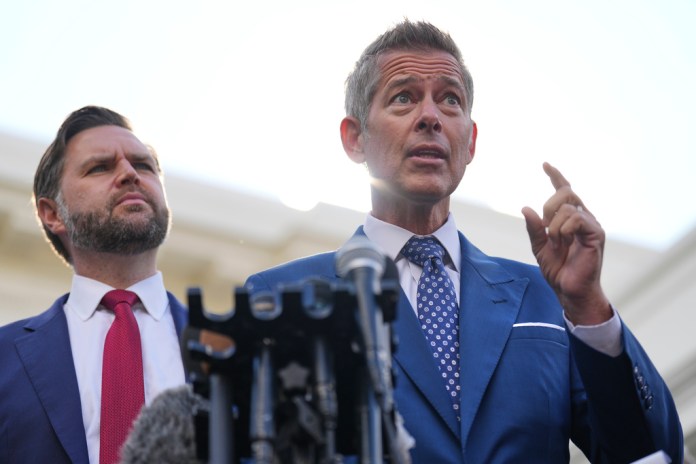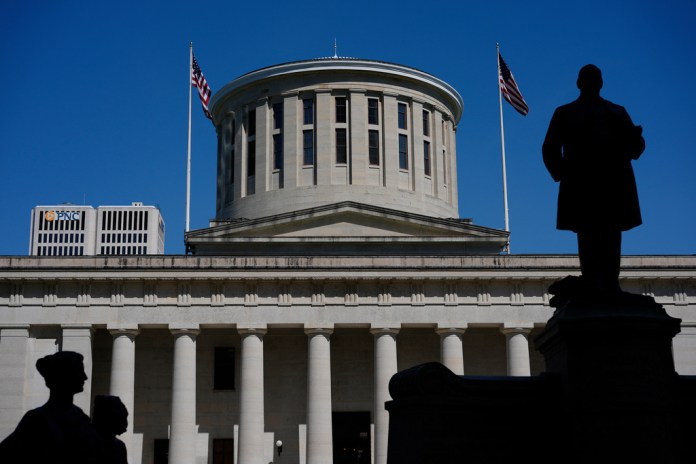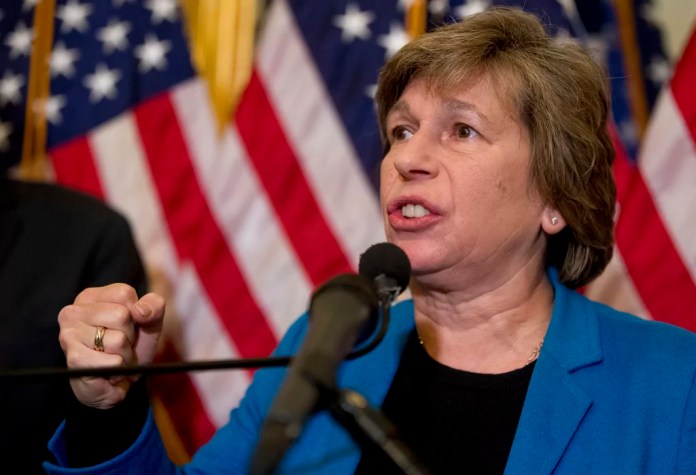Michael Barone: Are Public Employee Unions Unconstitutional?
How did it happen that public worker unions, which barely existed 60 years ago are now running public schools and many other state and local government agencies, and not just in the United States?
Philip K. Howard’s new book provides the answers to this question. “Not Accountable,” As in his previous books (accompagnation).”The Rule of Nobody,” “Try Common Sense”) by outspoken outrage and generous dollops of common sense.
The 1960s saw the rise of public worker unions. This was not a natural outcome. Franklin Roosevelt, President, was determined for his New Deal programs’ results. “the process of collective bargaining, as usually understood, cannot be transplanted into the public service.” This was 1937 when the New Deal legislation spurred the drives that greatly increased private-sector unification. AFL-CIO President George Meany asserted that the peak of private-sector unification was in 1955. “impossible to bargain collectively with the government.”
Robert Wagner, New York City Mayor, wanted to create a political base free from patronage-hungry Democratic machine, authorized the unionization in 1958 of city employees. The Wisconsin governor was not stopped. Gaylord Nelson did it for the state government, which is well-known for pioneering nonpartisan Civil Service. President John F. Kennedy did it in 1962 for Federal Employees.
They were thinking what? Evidently, unionization was their default system for employee relations. They believed that public employees should be treated in the same way as carpenters and auto workers.
Roosevelt and Meany realized that the two situations were different. While private-sector unionism may be adversarial, both sides recognize the need to make money. Public-sector unionism, on the other hand, is cooperative. Victor Gotbaum, a long-standing New York head of the New York Public Unions, explained that this is collusive. “We have the ability, in a sense, to elect our own boss.”
Government doesn’t need to make profits. It is possible to raise taxes to finance current benefits. However, distant-future plans for pensions do not have to comply with the Employee Retirement Income Securities Act standards.
Howard writes: “the interests of public unions and political leaders aligned to create a kind of bureaucratic kleptocracy.” The public employee union coffers are flooded with $5 billion in taxpayer money, which outspent every other political group except for those involved in city and state elections.
Howard is not as concerned about the monetary cost of public unions, but rather with the fact they “have become a permanent faction exercising control over the operating machinery of state and local governments.” Public unions have made the government less accountable to voters by creating work rules and contracts and by using non-elected arbitrators’ decisions.
These are poor government results. Howard starts with police unions and the Minneapolis officer convicted in the murder of George Floyd. He shows how teacher unions have produced decades of disappointing results and how they unnecessarily closed many schools for two years — with dire effects on underprivileged children.
These unions have fought hard for the right to keep public money flowing into their coffers. They opposed Scott Walker’s 2011 Wisconsin reforms, and filled the Wisconsin State Capitol with thousands. This didn’t bother anyone who was shocked by the Jan. 6, 20,21 Capitol riot.
They have resisted the Supreme Court’s 2018 Janus v. AFSCME ruling, which limited members’ rights to opt out from their political spending to a few summer days only when the required union cosigner might be on vacation.
Howard claims that all of this is illegal. He notes that Article II of the Constitution says: “The executive power shall be vested in a president of the United States of America.” But, can a president “take care that the laws be faithfully executed” What if you don’t have the authority to fire an incompetent employee “Preserving the management authority of officials is essential to our constitutional structure,” He writes.
For the powerful and more powerful local and state government unions “by severing the link between the ballot box and executive and legislative power, public unions have disabled the ‘Republican Form of Government’ guaranteed by” Article IV of The Constitution
However, the Supreme Court has not been able to clarify what that guarantee is. It is possible, however, that a mayor in a difficult position could be able to challenge union-friendly laws by the state that force him spend money in ways he and his voters do not want. The court could decide that it isn’t a republican (or democratic!) form of government.
Howard isn’t expecting immediate results but has high hopes “Not Accountable,” like Upton Sinclair’s “The Jungle,” This will lead to calls for reform. It is impossible to argue that public employee unions have made a difference in the performance of government over the past half-century. However, it is easy to argue that they have made it worse.
Philip Howard made it crystal clear that Franklin Roosevelt was right and George Meany was wrong.
Michael Barone is a Washington Examiner senior political analyst, resident fellow at American Enterprise Institute, and co-author of The Almanac of American Politics.
Credit: CheekyChicks Pixabay
" Conservative News Daily does not always share or support the views and opinions expressed here; they are just those of the writer."





